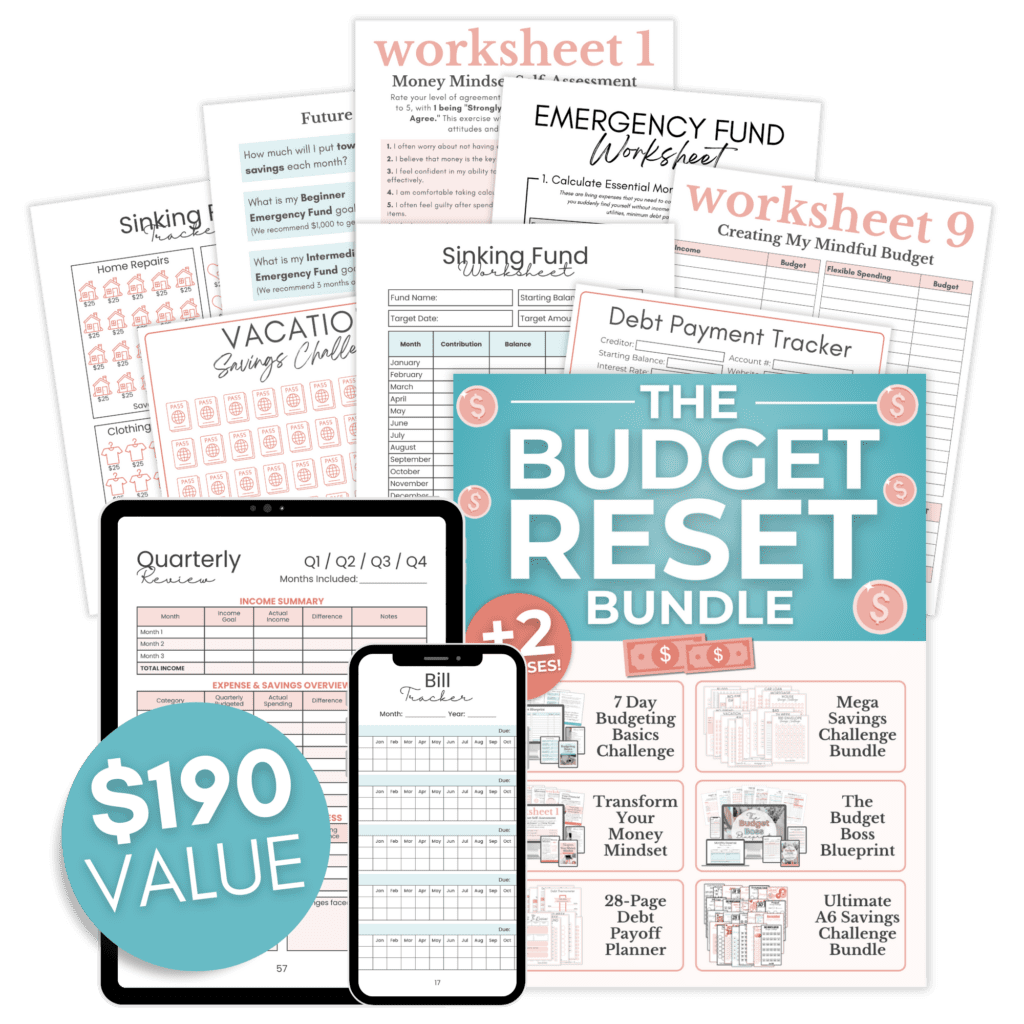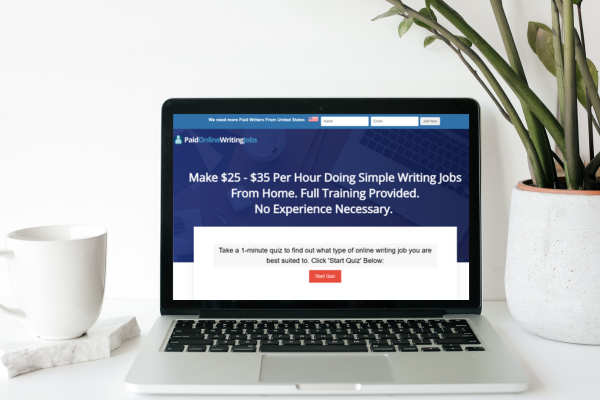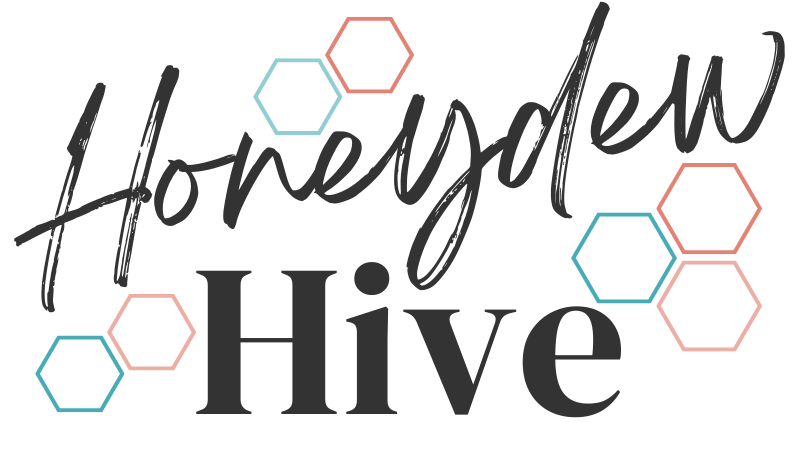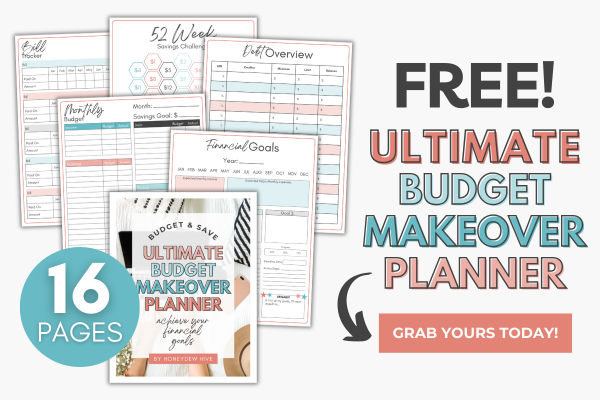5 Mistakes Beginner Freelance Writers Make (and How to Avoid Them)

Starting out as a freelance writer can feel exciting—and overwhelming all at once.
You’ve got your laptop, maybe a cup of coffee, and a strong desire to make money writing from home…but you’re not quite sure where to begin.
If that’s you, you’re not alone. Every beginner goes through the same phase: Googling endlessly, second-guessing their skills, and wondering if they’re doing it “right.”
The truth is, you don’t need to have it all figured out to start—but there are a few common mistakes you can avoid to make things a lot easier.
RECOMMENDED READ: 7 Legit Paid Online Writing Jobs That Pay Weekly
In this post, I’m going to walk you through the five most common mistakes new freelance writers make—and more importantly, how to avoid them.
Whether you’re still thinking about freelance writing or already applying for gigs, these tips will help you skip the trial-and-error phase and move forward with confidence.
Let’s get into it.
Mistake #1: Thinking You Need to Be a “Perfect” Writer
One of the biggest things that holds new freelance writers back is the belief that they’re not “good enough” to get paid. Maybe you weren’t an A+ English student. Maybe you’re not sure where commas go. Maybe you just don’t see yourself as a real writer.
Here’s the truth: you don’t need perfect grammar, a degree in literature, or years of experience to get paid to write.
Most clients aren’t looking for the next Pulitzer Prize winner. They’re looking for someone who can write clearly, conversationally, and consistently. That’s it.

In fact, overly polished or academic writing can actually be a turn-off for many online brands. They want their content to sound relatable and easy to understand—like it was written by a real person (because it was).
If you can:
- Explain a simple concept without overcomplicating it
- Write in a tone that sounds natural and approachable
- Follow basic formatting (like paragraphs, headers, bullet points)
…then you’re already way ahead of the game.
So instead of obsessing over every word or worrying about whether your writing is “good enough,” focus on progress over perfection.
You’ll get better the more you write—and the confidence will come with practice.
Mistake #2: Not Creating Writing Samples First
When you’re brand new to freelance writing, it’s easy to fall into the trap of applying to jobs without having anything to show.
But here’s the thing—clients need to see proof that you can write. And if you don’t have any samples, it’s tough for them to say yes.
You don’t need a published portfolio or a fancy website to get started. But you do need a few simple writing samples that show your tone, clarity, and ability to communicate an idea.
The good news? You can create these yourself.
Here’s what I recommend for beginners:
- Write a short blog post (500–700 words) on a topic you enjoy
- Create a product description for a pretend item
- Write a quick “About Me” page for a fictional brand
These don’t need to be perfect or complicated—they just need to show that you can write clearly and follow a basic structure. Use Google Docs or Canva Docs to format them neatly and make sharing easy.
Once you’ve got 2–3 strong samples, you can include them in your applications and instantly stand out from other beginners who are just winging it.
Pro tip: Don’t wait for a client to give you a project before you write something. Write now, apply after. It’ll save you time—and help you land your first gig faster.
Ready to Finally Take Control of Your Money?
The Budget Reset Bundle gives you everything you need to stop the paycheck-to-paycheck cycle, create a real budget that actually works, and start saving fast. No fluff — just real tools for real change.

Mistake #3: Undercharging or Accepting Unpaid Work
When you’re just starting out, it’s tempting to accept any opportunity that comes your way—even if it doesn’t pay (or barely does).
You might think, “It’s fine—I just need the experience.” But here’s the problem: if you start by working for free or charging pennies, it’s really hard to shift your mindset to value your time later on.

Yes, you’re new—but that doesn’t mean your work is worthless.
In fact, most clients expect to pay for writing. And when you price yourself too low or accept unpaid gigs, it sends the message that you’re unsure of your value—which can actually turn off better-paying clients.
So what should you charge as a beginner?
Here’s a simple starting point:
- Short blog post (500–700 words): $20–$40
- Longer blog post (1,000+ words): $50–$75
- Simple product descriptions: $5–$15 each
- Social media captions: $10–$30 per batch
You don’t need to charge $200 per article right away, but you do need to charge something that reflects your time and energy.
And if someone says, “You’ll get great exposure!”—just remember: exposure doesn’t pay the bills.
If you really want to build experience before applying for paid gigs, create your own writing samples (like we covered earlier), or offer a one-time discounted rate to your very first client—but always with the intention of raising your rate after that initial project.
Your time is valuable. Charge accordingly.
Mistake #4: Wasting Time on the Wrong Platforms
One of the most frustrating mistakes new freelance writers make is spending hours scrolling through job boards, applying for gigs that go nowhere.
You keep refreshing pages, sending out applications, and hearing crickets—or worse, running into scammy listings and dead links.
Your time is valuable, especially when you’re just getting started.
And the last thing you want is to burn out before you ever land your first client.
So how do you avoid that?
Start by skipping platforms that are overcrowded, outdated, or full of vague, unpaid listings. Some sites make it look like there are tons of opportunities, but once you click through, you find broken links, irrelevant jobs, or posts from five months ago.
That’s why I always recommend using curated resources—especially when you’re a beginner.
If you want to skip the frustration and get access to real, beginner-friendly freelance writing gigs, check out Paid Online Writing Jobs. It’s a streamlined platform that saves you time by listing jobs actually suited for new writers—no experience required.

It’s not a magic button that lands you a gig instantly, but it’s definitely a time-saver if you’re tired of spinning your wheels and just want a solid place to start.
The right platform makes a big difference. The sooner you stop wasting time on the wrong ones, the sooner you’ll get paid.
Mistake #5: Giving Up Too Soon
This might be the most common mistake of all: giving up before you’ve really started.
Maybe you’ve sent a few pitches and didn’t hear back. Maybe you posted in a Facebook group and got no replies. Or maybe you’ve been staring at your screen thinking, “Who am I to try this?”
Here’s what I want you to know: every single freelance writer has felt that way.
The difference between the ones who succeed and the ones who don’t? They kept going.
Rejection is part of the process. Silence is part of the process. Awkward first drafts, slow starts, and small wins—they’re all part of it too.
Freelance writing isn’t instant, but it is accessible. You don’t need credentials or insider connections. You just need to keep showing up.
RECOMMENDED READ: How to Get Paid to Write From Home (Even With Zero Experience)
A few tips to stay motivated when things feel slow:
- Set a goal for how many gigs you’ll apply to each week
- Track your efforts so you can see progress even before the income rolls in
- Celebrate the small wins—writing a sample, hitting “send,” getting feedback
- Surround yourself with support—read blogs, join communities, and follow creators who’ve been where you are
Your breakthrough doesn’t come from luck—it comes from consistency.
Keep going. You’re closer than you think.
Final Thoughts: Mistakes Are Part of the Process—But They Don’t Have to Slow You Down
If you’ve made one (or all) of the mistakes on this list—don’t worry. Every beginner stumbles a little at the start.
What matters isn’t being perfect—it’s being willing to learn, adjust, and keep moving forward.
Freelance writing can absolutely be a flexible, profitable way to make money from home. But it’s easy to get discouraged or stuck if you don’t know what to avoid.
The good news? Now you do.
You don’t need flawless grammar. You don’t need a fancy degree. You don’t need to wait until you “feel ready.” You just need a plan—and the right tools to help you stay focused and make progress.
If you’re ready to skip the guesswork and start applying for real freelance writing gigs, Paid Online Writing Jobs is a great place to begin.
It’s curated specifically for beginners and can save you so much time compared to digging through endless job boards.
P.S. Once you start landing those gigs, make sure your income doesn’t just disappear. Grab my free Ultimate Budget Makeover Planner to help you organize your money, stay on track with your savings goals, and build real financial momentum as you grow your writing income.
You’ve got this.

